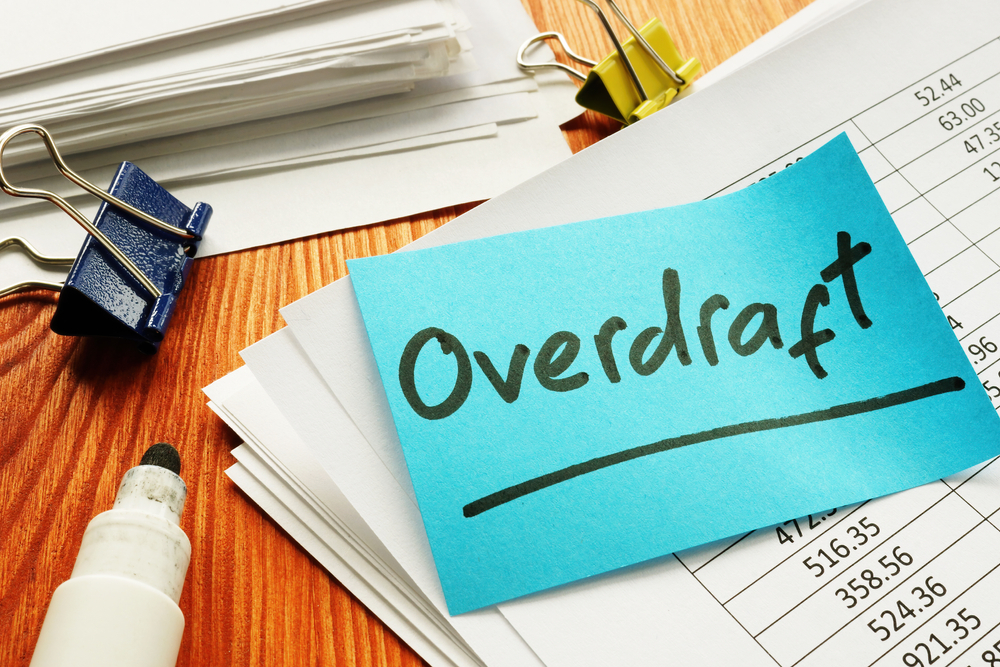News
Is an overdraft the best way to borrow?

An investigation suggests that although overdrafts are simpler than they used to be, many people will have cheaper borrowing options.
A recent YouGov survey commissioned by the financial app TotallyMoney found that almost a third (29%) of adults would find it difficult to cover an unexpected £100 expense.
One in five (19.5%) people admitted they lacked confidence in their understanding of overdrafts but, despite this, about 15.5 million (30%) adults dip into their overdraft each month.
Separate MoneyComms research commissioned by TotallyMoney found that overdraft rates from big banks typically range from 35% to 39.94%. This means someone who’s £500 overdrawn for 20 days per month could be paying £10.93 a month or £131.16 a year in interest charges. Increasing the overdraft usage to £1,000 for 20 days means they would be paying £21.86 a month, or £262.32 per year.
Shake-up of the overdraft market
In 2019 the Financial Conduct Authority (FCA) ordered a reform of the overdraft market to make this type of borrowing easier for people to understand, compare and manage.
The reforms meant banks were forced to scrap complicated charges. But instead, most imposed a higher rate of interest on overdrafts, typically 35% to 39.94% APR, making them an expensive way to borrow money.
But despite the high interest rates, customers have saved money on overdraft charges since the reforms, with the FCA calculating that people typically saved £17.40 in overdraft charges in 2021.
More people using credit
Rampant inflation means more people are turning to credit to cope with the cost of living crisis, with overdrafts seeing 7.1% growth since August 2021, according to research by Clearscore.
Alternatives to overdrafts
Credit cards can often work out much cheaper than overdrafts. When using a credit card for purchases, you can get up to 56 days interest-free credit before your monthly card statement is due for payment.
While not everybody will be able to clear their debt in full each month, it’s worth noting that if you’re carrying over a balance, the average effective interest rate for credit cards is 20.44%, so cheaper than the typical overdraft.
Another option is a money transfer credit card, which will let you shift cash to your bank account so you can clear your overdraft. These will usually offer 0% interest-free periods of up to 12 months, subject to a one-off transaction charge of around 4% (meaning a £1,000 transfer would cost £40 in fees).
A low cost loan could also help those looking to clear larger overdrafts. They offer fixed repayments over a set period of time and at a lower APR than an overdraft.
Overdrafts are not ‘ghost debt’
Alastair Douglas, CEO of TotallyMoney, said: “Overdrafts can be a ghost debt for some: they’re an extension of a customers’ current account, with no separate bills, cards or apps to manage it. They can almost go unnoticed, while some might not even treat them as a ‘real’ debt. But the truth is that banks make a lot of money from overdrafts, as they’re an easy way for them to charge customers high rates of interest for accessing extra cash.
“Whether you’re ‘just dipping into it’, or you’re sitting in the red for most of the month, remember that these charges add up over time. So, while you might think that it’s only a few days, or pounds here or there – the reality is it’s still costing you and you might be better off considering a better and cheaper alternative.
“Whenever taking out any form of credit, always work out how much it’s going to cost, and make sure you’ll be able to keep up with repayments.
Andrew Hagger, personal finance expert at Moneycomms.co.uk, said: “There’s no reason why consumers should be paying rip off overdraft rates of near 40% for agreed borrowing, there are cheaper alternatives such as credit cards which cost around half as much.
“With the cost-of-living squeeze hitting household budgets hard, the last thing customers need is their bank rubbing salt in the wound courtesy of sky-high overdraft rates.
“An overdraft may be a useful buffer to help with cash flow issues, but using a credit card instead can slash your interest charges, more so if you can pay it off in full each month.”